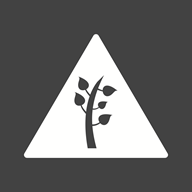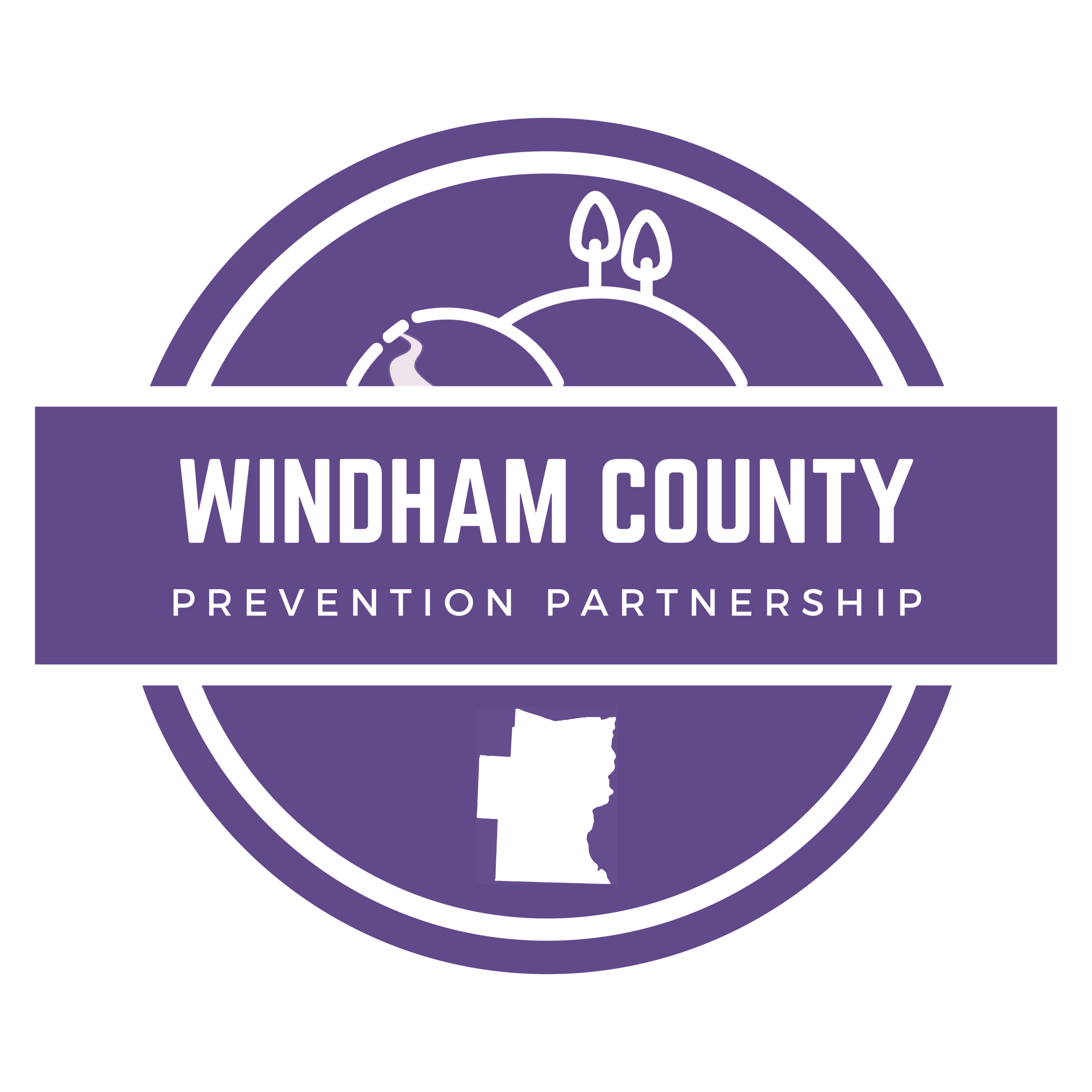A Community Planning Toolkit
Preventing Youth Substance Misuse and Building Protective Factors
Ever wonder what you and others can be doing in our community to reduce substance misuse? This Toolkit is designed for all:
- Community members and leaders
- Youth and adults who care for and about them
- Local decision makers
- Selectboard members
- Village Trustees
- Municipal Administrators and Managers
- You
![Teenagers Taking Group Photo Illustration (flat design) [Converted]](https://windhampartnership.com/wp-content/uploads/2022/11/Teenagers-Taking-Group-Photo-Illustration-flat-design-Converted.png)
We encourage those with all identities, affiliations, and experiences to join us in this effort.

What?
This Toolkit is a community planning guide focusing on reducing youth misuse of alcohol, tobacco, cannabis and prescription drugs, while supporting efforts to help youth make healthy substance-free choices. There are many factors, including on family and individual levels, that impact youth substance misuse.
The purpose of this Toolkit, however, is to focus on the community, policy and systems levels.

When?
This Toolkit can be used as part of town or organizational planning processes or as a stand alone resource to support healthy community and policy development.
Windham Partnership is available to facilitate group discussions and help create substance prevention plans.
![Girl Reading Book with Cat Illustration (flat design) [Converted]](https://windhampartnership.com/wp-content/uploads/2022/11/Girl-Reading-Book-with-Cat-Illustration-flat-design-Converted.png)
Why?
The brains of young people are still developing until they are 25. This puts them most at risk for substance misuse, especially if they start using at an early age, increasing their likelihood of becoming dependent and experiencing negative health outcomes. The environment around our youth is inundated with substance industry tactics that drive youth misuse. Additional pressures and consistent stressors on families that build up, for some more than others, can lead to higher rates of misuse. Our job and responsibility is to reduce the risks in our communities that lead to substance misuse and to increase the factors that protect our youth through facilitated conversations and intentional planning.
Our Causes
How
This Toolkit is designed to help support those working to create healthy communities and to take some of the guesswork out of the process. The focus is on a systems and policy level intervention.
Planning resources are provided to create policies that use a substance prevention lens to help build healthy communities and reduce youth substance misuse.
Policies & Systems
Community
Organizations
Relationships
Individuals
The Vermont Prevention Model
This Toolkit is focused on the “Policies and Systems” level of intervention. Most municipal planning prevention activities will fall under this same category.

Focus
Focus your attention by taking steps to see through a youth substance misuse prevention lens.

Understand Community
Understand community norms, messaging, and both risk and protective factors to foster resiliency in youth and create a healthy environment that prevents substance misuse.

Identify a Vision
Identify a vision for what it means to live in a healthy community that includes maximizing the potential that youth will make healthy decisions – that healthy decisions become the norm.

Change Agent
Become a change agent for bringing about lasting change to reduce substance misuse in your community.

Strategize
Be strategic in your substance prevention efforts.

Welcome
Ensure that all populations are welcome, invited and considered in the planning process.

Promote Awareness
Promote awareness towards creation of, or change of, health and substance related policies.

Policies and Systems
Local, state and federal policies and laws Economic and cultural influences – Media
Examples: substance-free parks, community ordinances
Windham County: Whitingham Smoke-Free Parks, Jacksonville Smoke-Free Municipal Center, Brattleboro Liquor Licensee Bylaw

Community
Physical, social and cultural environment
Examples: smoke-free/substance-free, community events, enclosed beer tent and/or smoking areas located to side at events.
Windham County: Windham-Windsor Housing Trust Smoke-free Policies, Putney Community Center, Turning Point Recovery Center, Rx Drug Disposal Sites, The Current Smoke-free Bus Kiosks, Wilmington 4th of July

Relationships
Schools, worksites, faith communities, etc.
Examples: mentoring, adult family members, student assistance programs
Windham County: Above the Influence Clubs, VT Kids Against Tobacco, Our Voices Xposed, Big Brothers Big Sisters, Turning Point Recovery Center Nar-Anon
The How of it…
The Vermont Prevention Model
This Toolkit is focused on the “Policies and Systems” level of intervention. Most municipal planning prevention activities will fall under this same category.

Organizations
Examples: Tobacco cessation and wellness programs.
Windham County: Youth Services, Inc., New Chapter, Southeastern VT Community Action, Flood Brook School, Twin Valley Middle High School, Windham Southeast Supervisory Unions, Boys and Girls Club of Brattleboro

Individual
Knowledge, attitudes, beliefs
Examples: health education curricula, media literacy education and educational campaigns
Windham County: Refuse to Use, Choose sNOw, Lock Your Meds

CONTACT ANY OF OUR THREE COALITIONS FOR MORE INFORMATION:
Our Offices
Building A Positive Community (BAPC)
109 Austine Dr.
Holton Hall, 2nd Floor
Brattleboro, VT 05301
802-451-0094
www.bapc802.org
Our Offices
Deerfield Valley Community Partnership (DVCP)
1 School Street
Wilmington, VT 05363
802-464-2202
www.dvcp.org
Our Offices
West River Valley Thrives (WRVT)
Leland & Gray
2042 VT Route 30
Townshend, VT 05353
802-365-4700
www.wrvthrives.org
